“Ain’t No Mountain High Enough” for Christian Whisenant
Christian Whisenant poses with his father Jonathon Whisenant while trekking in Nepal.
May 11, 2017
Christian Whisenant wearily places one foot in front of the other. He knew that coming to Nepal was going to be difficult but in many ways it was impossible to anticipate the obstacles that he would face both physically and mentally as he travelled along the roads that so many have walked. After all of the breathtaking sunsets and the striking glimpses of the Himalayas in the distance he has almost made it. It seems almost ironic that his end goal is a sign with three sentences on it, “Congratulations for the success!!! Hope you enjoyed the trek in Manang. See you again!!!” When he reaches the sign he will be on the Thorong La Pass and will be standing on a 20,000 foot peak—the end goal of the Annapurna Circuit. It’s one of the tenth highest mountain ranges in the world and at the age of 16 Whisenant has accomplished it.
Trekking the Annapurna Circuit in Nepal is no easy feat. While there are multiple stops along the way one can never be completely protected from altitude sickness or unaffected by the physically grueling exercise. For this reason not just anyone can travel to Nepal and start hiking—they need to have two permits, the Annapurna Conservation Hikers Permit as well as Trekkers Information and Management System. Apart from the logistics of booking accommodations beforehand and physically gathering supplies there are many preparations to be made mentally. It is a precarious balance that must be kept as those trekking must be determined enough to overcome physical challenges but meek enough to be willing to turn back if they reach a serious stage of altitude sickness.
“When Christian puts his mind to something that he wants he’ll finish it. Whether it’s doing a long hike or finishing a big project he always finds a way to push through and overcome it,” Cody Fletcher, Whisenant’s friend said.
But contrary to what one might think, Whisenant realizes that there is so much more to hiking than the view from the top of the peak.
“My dad has always told me to enjoy the journey rather than focus on the peak. Everyone who is familiar with strenuous hiking always says that the peak should never be the goal because you never know if you’ll get altitude sickness and have to turn back,” Whisenant said.
This idea of enjoying the process is what has motivated and inspired many aspects of his life. It is no coincidence that while Whisenant enjoyed reaching his goal the most beautiful sites for him were found as he made his way along the Annapurna circuit. Similarly while many of Whisenant’s friends would describe him as determined and hard working those descriptions are almost always followed with kindness and selflessness—always putting others needs before his. The idea of embracing the process not only affects him as an individual but also as an intellectual. While many people at Highland think that obtaining an A is everything, Whisenant realizes that learning is most important. It is this attitude that has helped him to transcend beyond his peers and become an extremely educated and mature individual. He looks less for the answer and more for the explanation playing close attention to minute details that often go unattended.
After hearing Whisenant’s experience in Cathmandu its easy to see his sights are set high—whether it’s in regards to hiking, back country skiing or mountain biking he finds himself consistently reaching out to be at a higher elevation. Perhaps this need to see things from above rather just the midst is what has pushed Whisenant to do so excellent in school and what has shaped him into the level-headed empathetic person that he is today.
“One thing that I have noticed about my brother is that he is never quick to judge. He always looks at others situations and sees the bigger picture before he makes a decision,” Lia Whisenant, Whisenant’s sister said.
Whisenant has an excellent perspective on life and people in general. He is not quick to offend but rather evaluates the circumstance. Instead of getting caught up in the stresses of everyday life, he frequently takes a step back and looks at every aspect. He uses the ‘peak’ experiences and triumphs in his life to look back at what he has accomplished and realize that there is so much more to life than single instances.




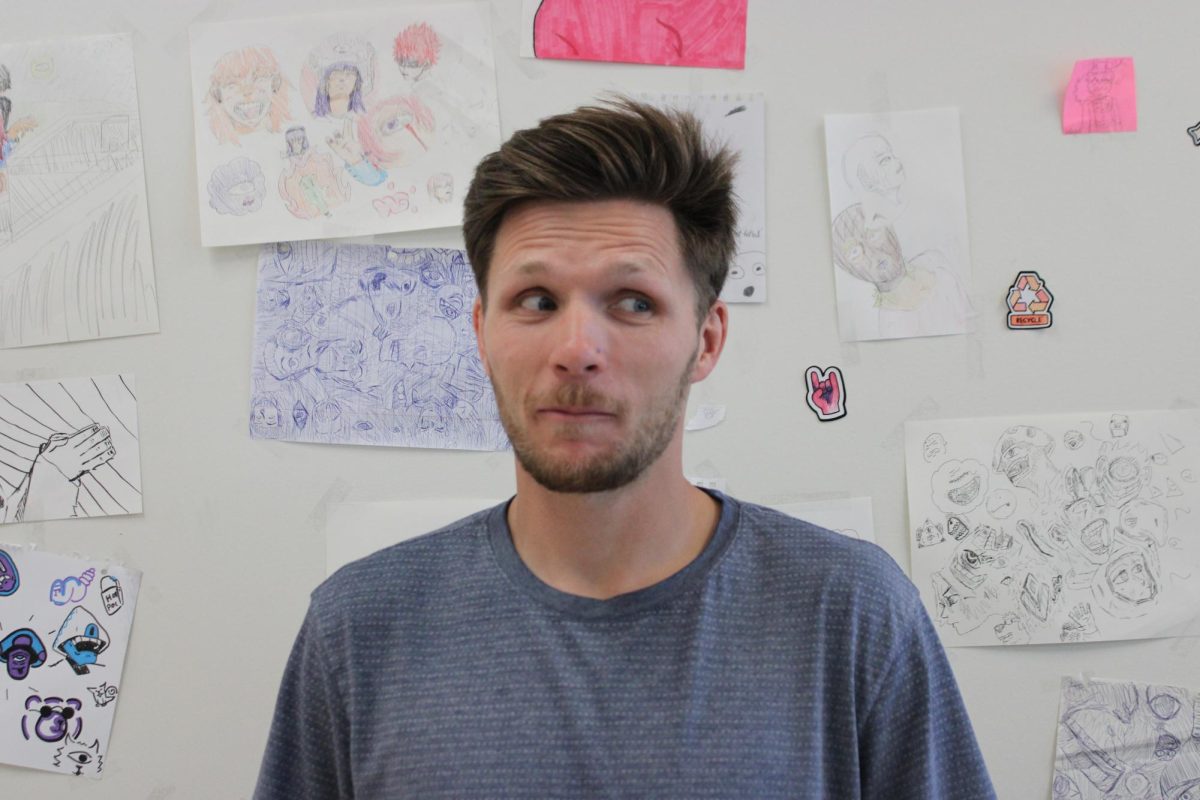
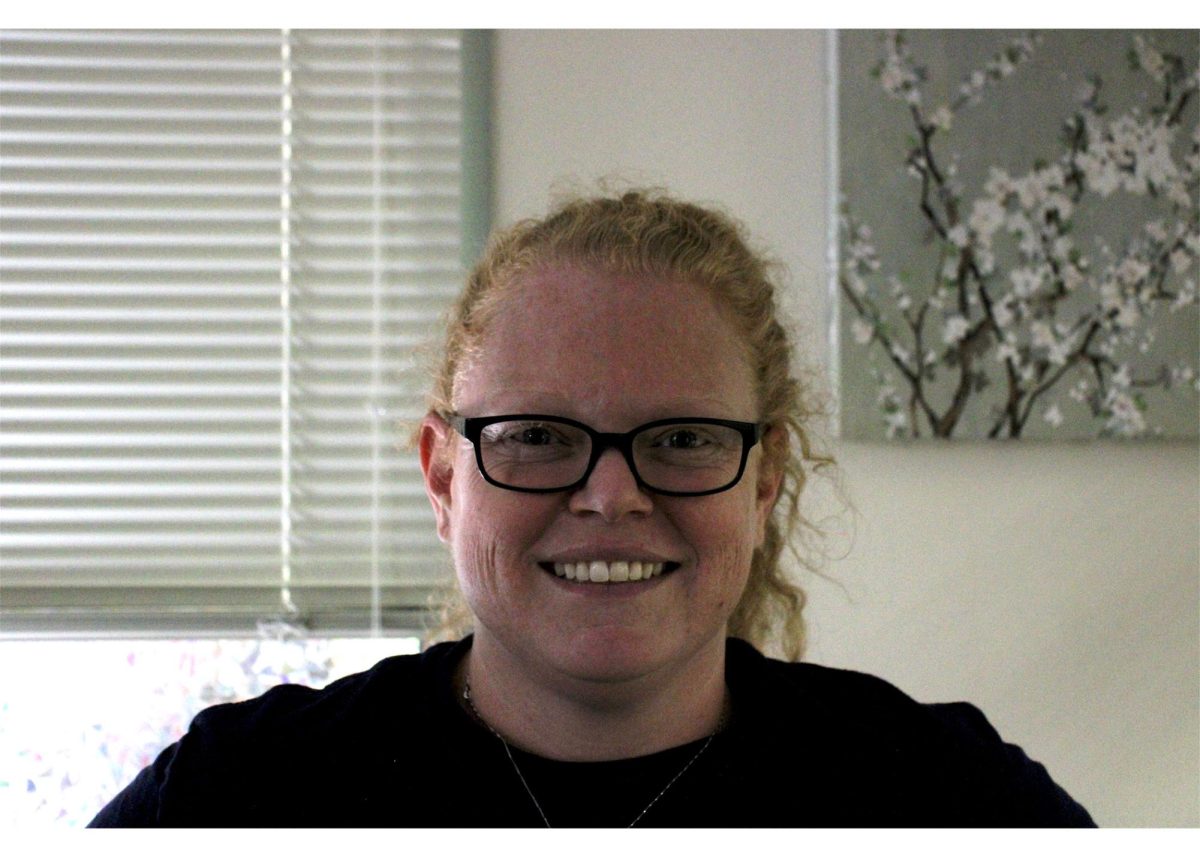
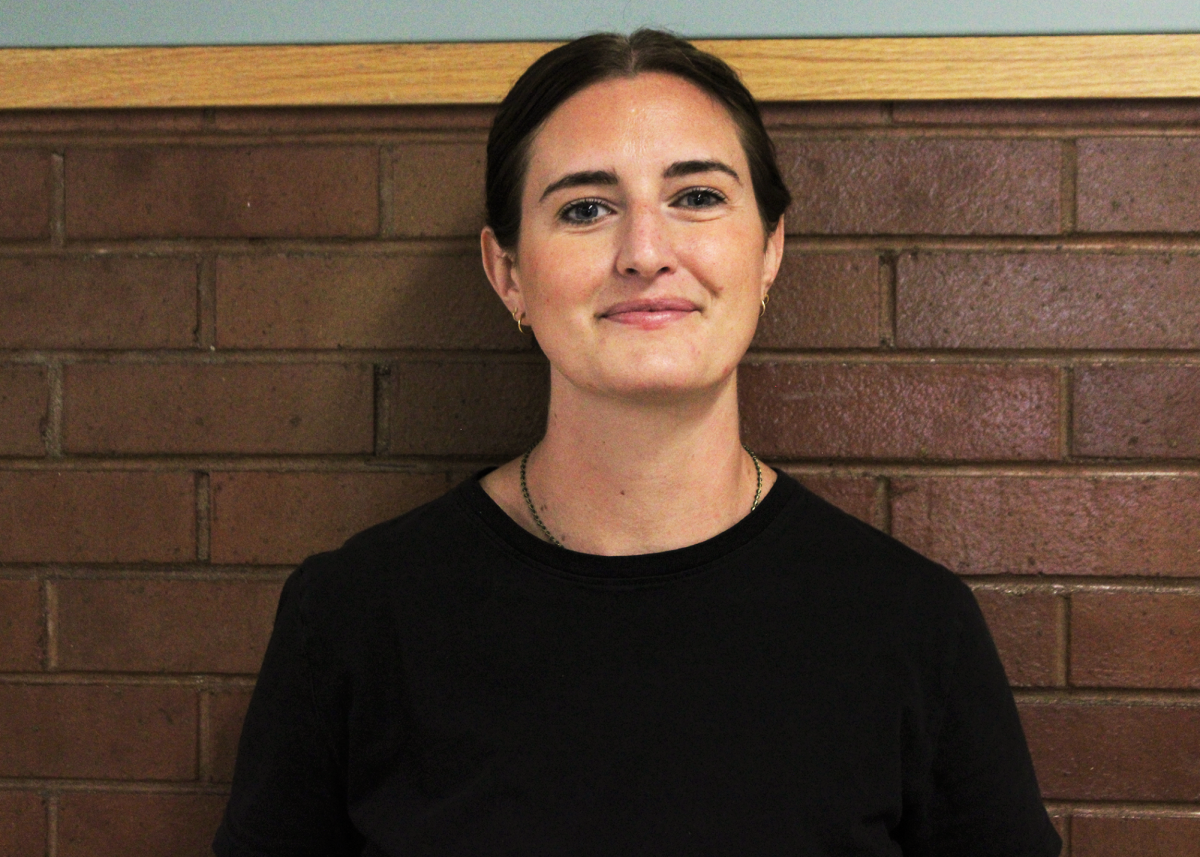
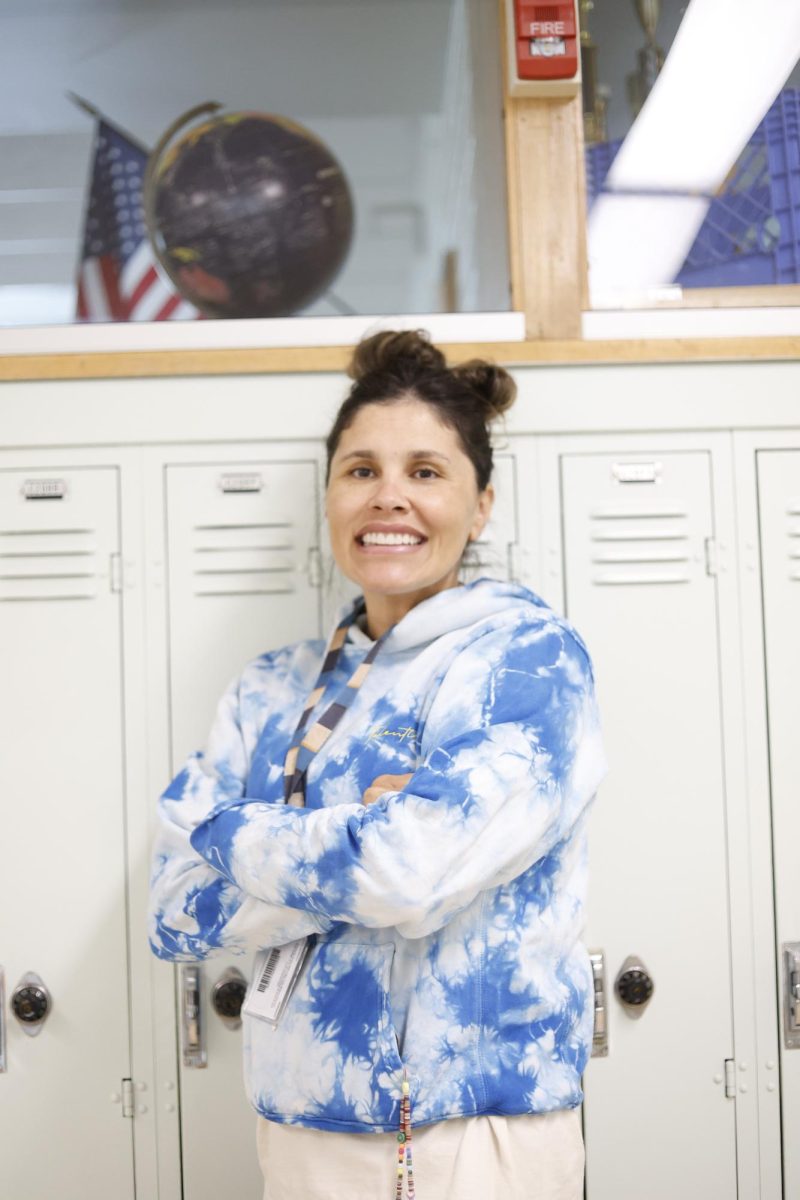
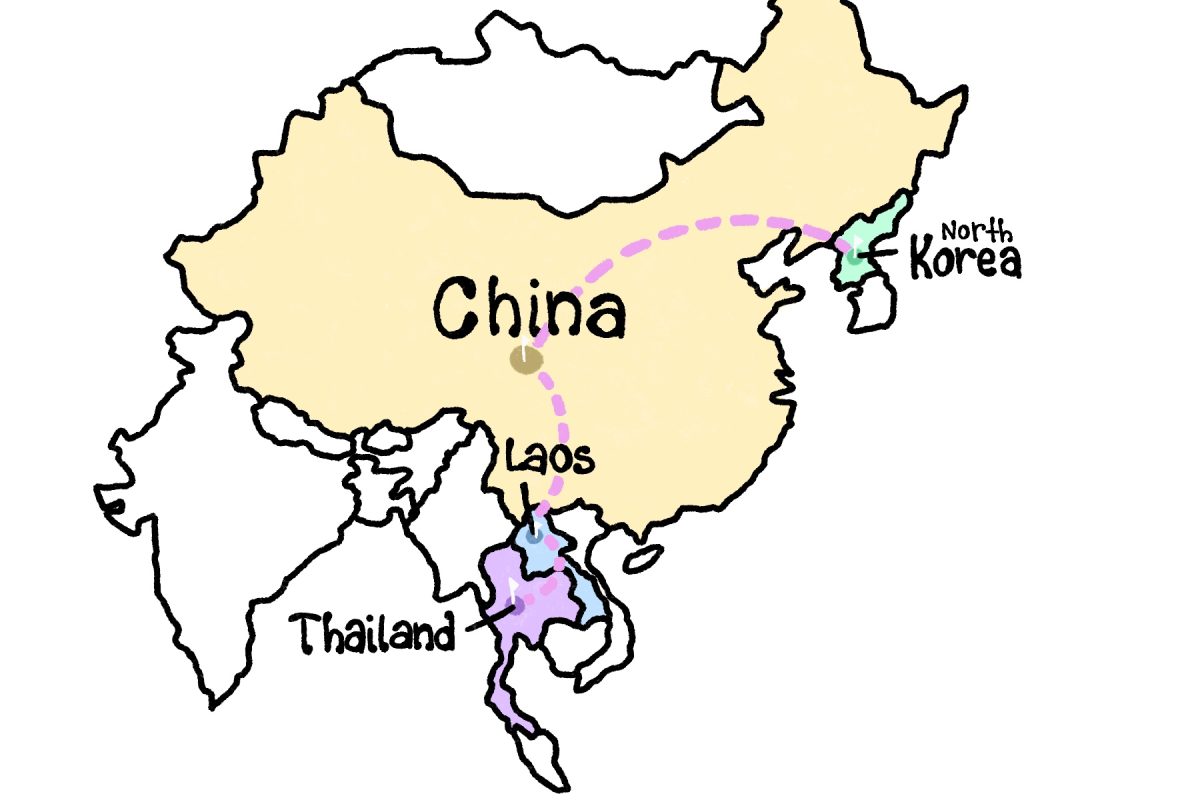




















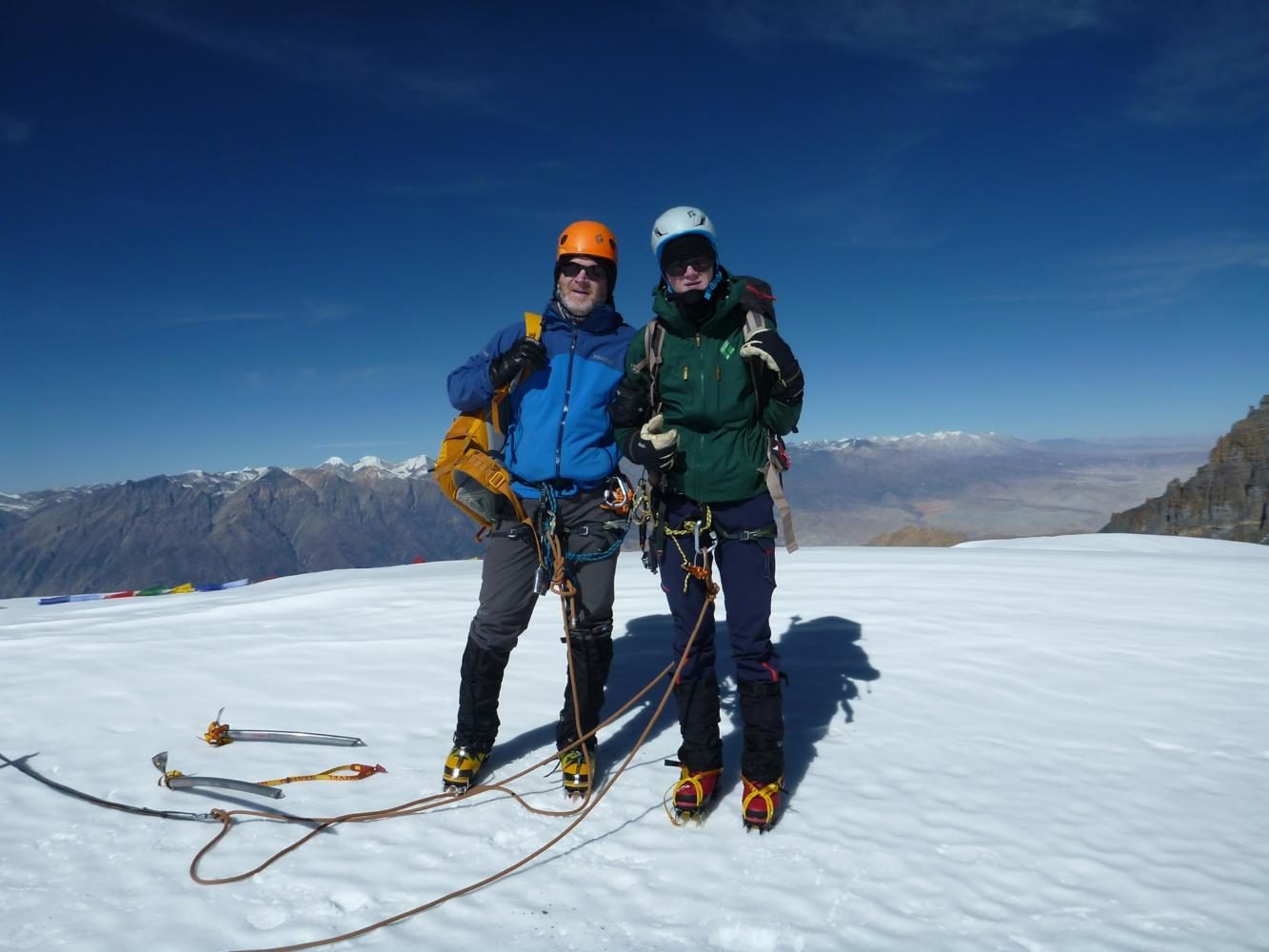
Jens Whisenant • Sep 7, 2017 at 10:01 am
Christian is my brother and he is awesome!